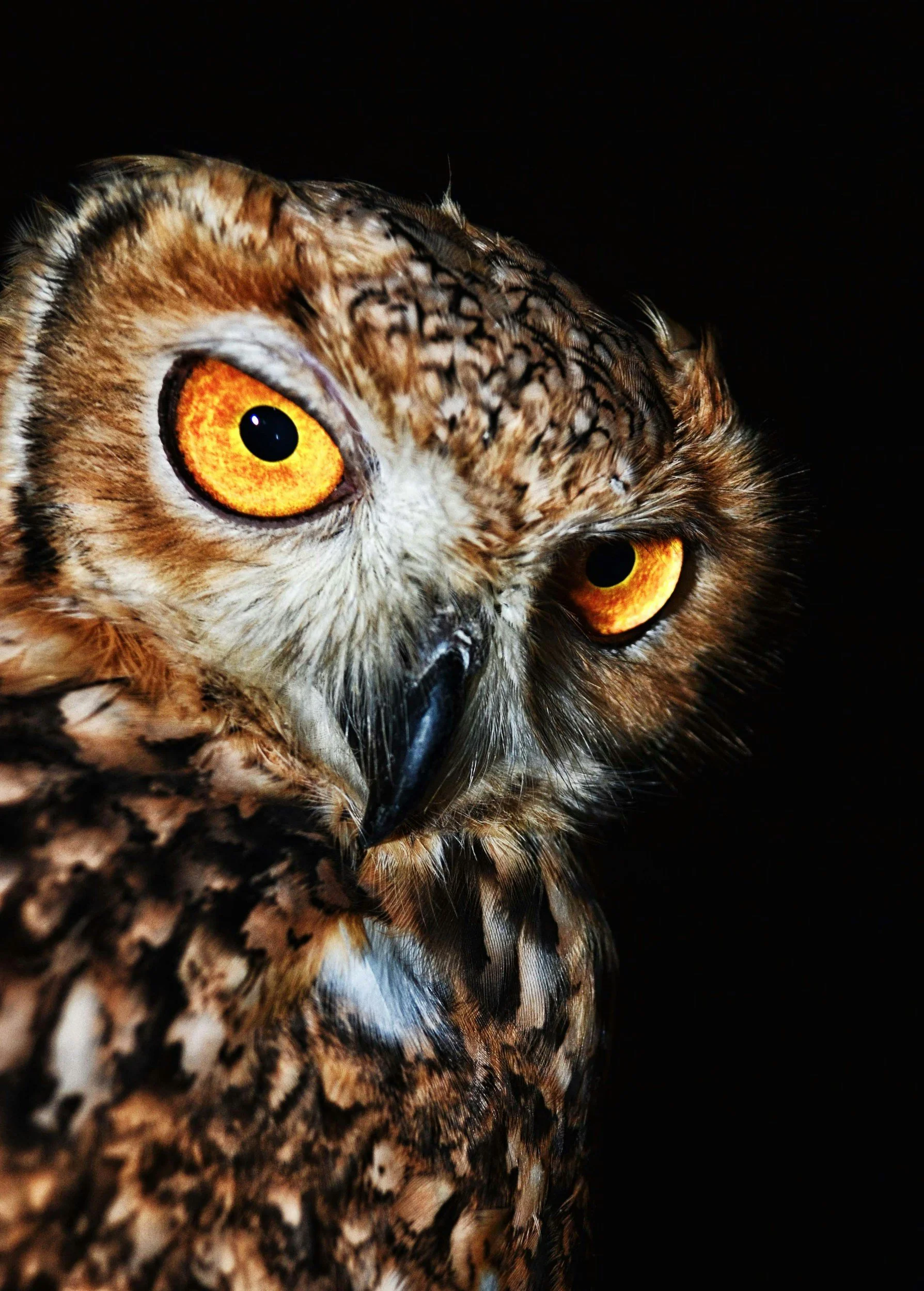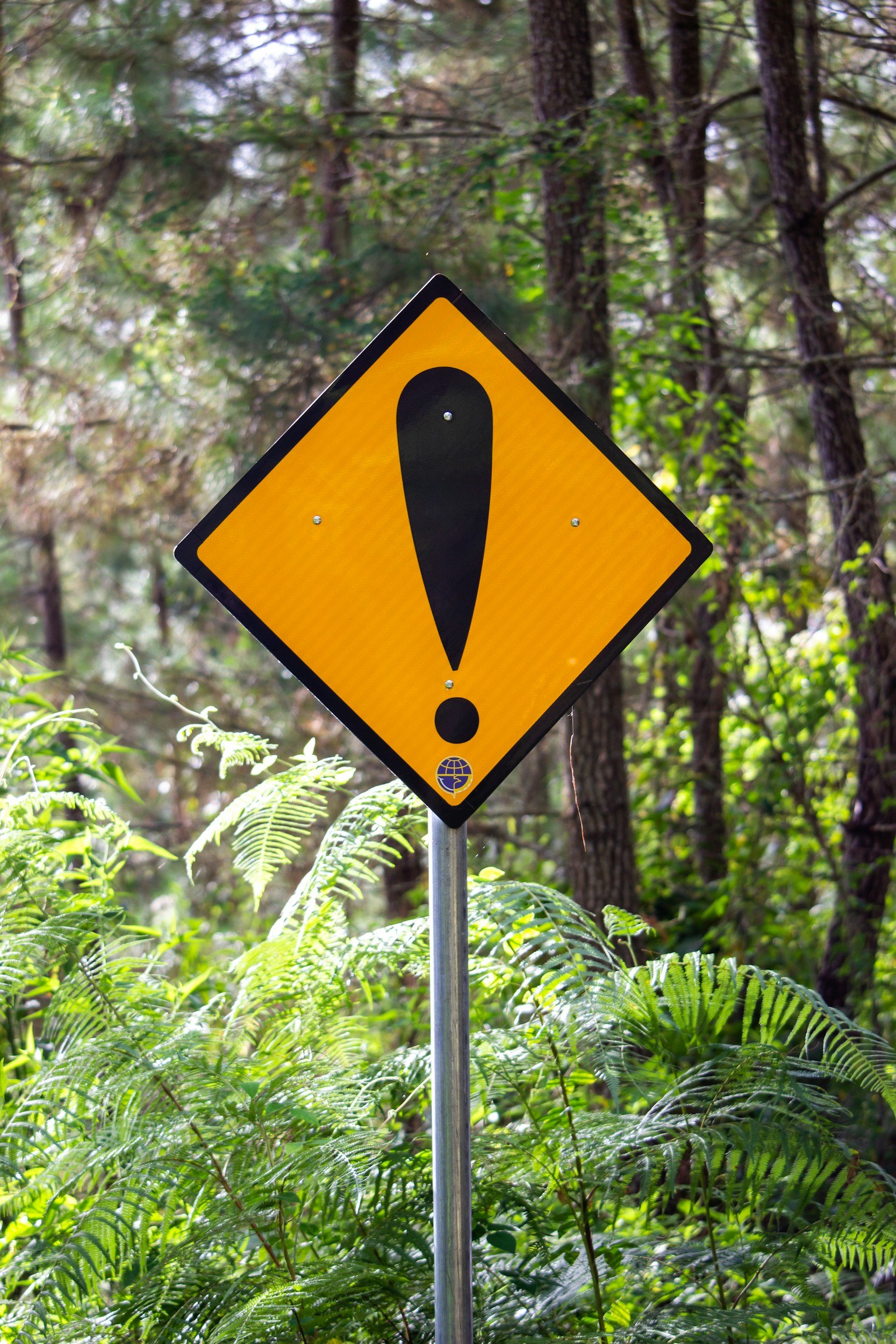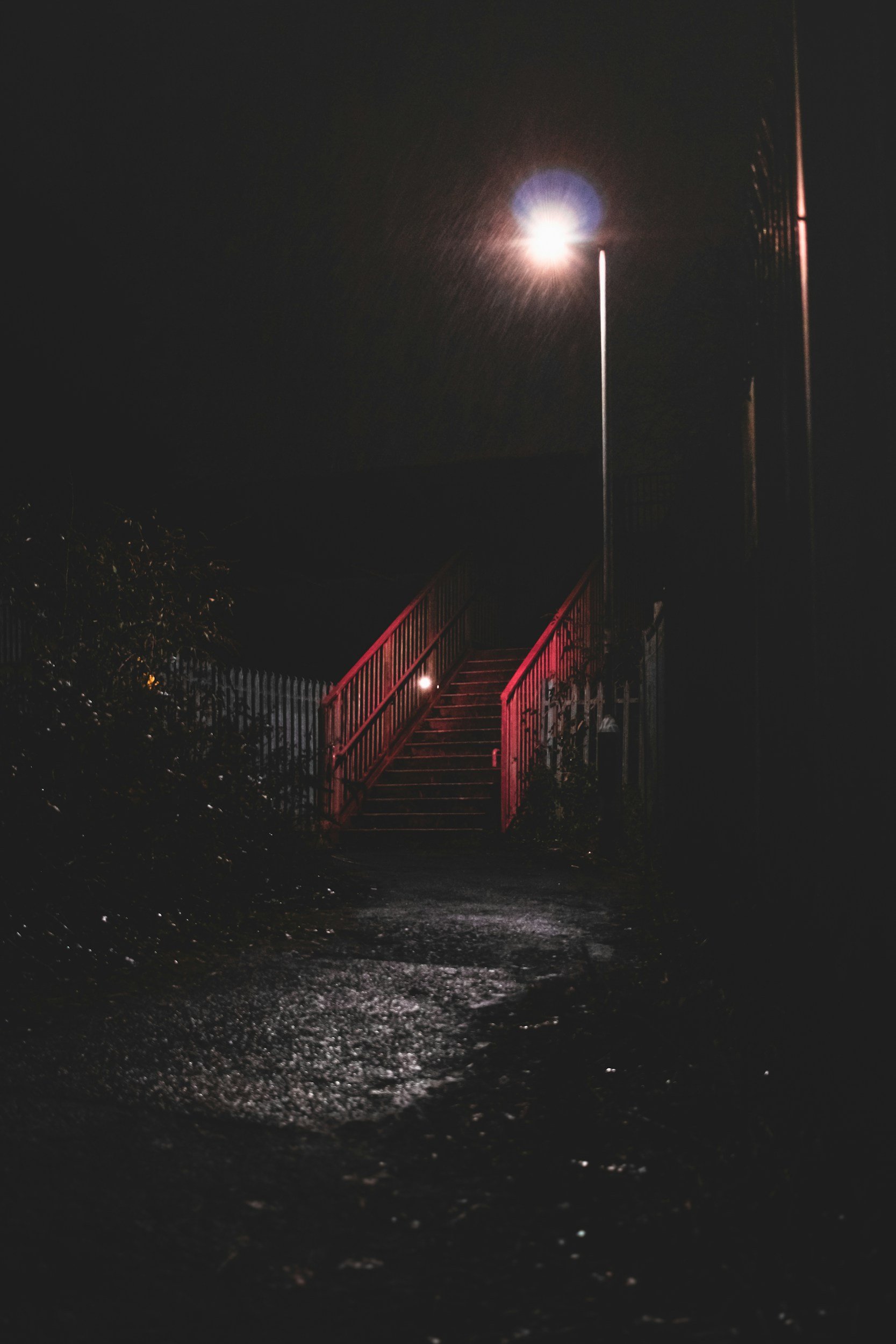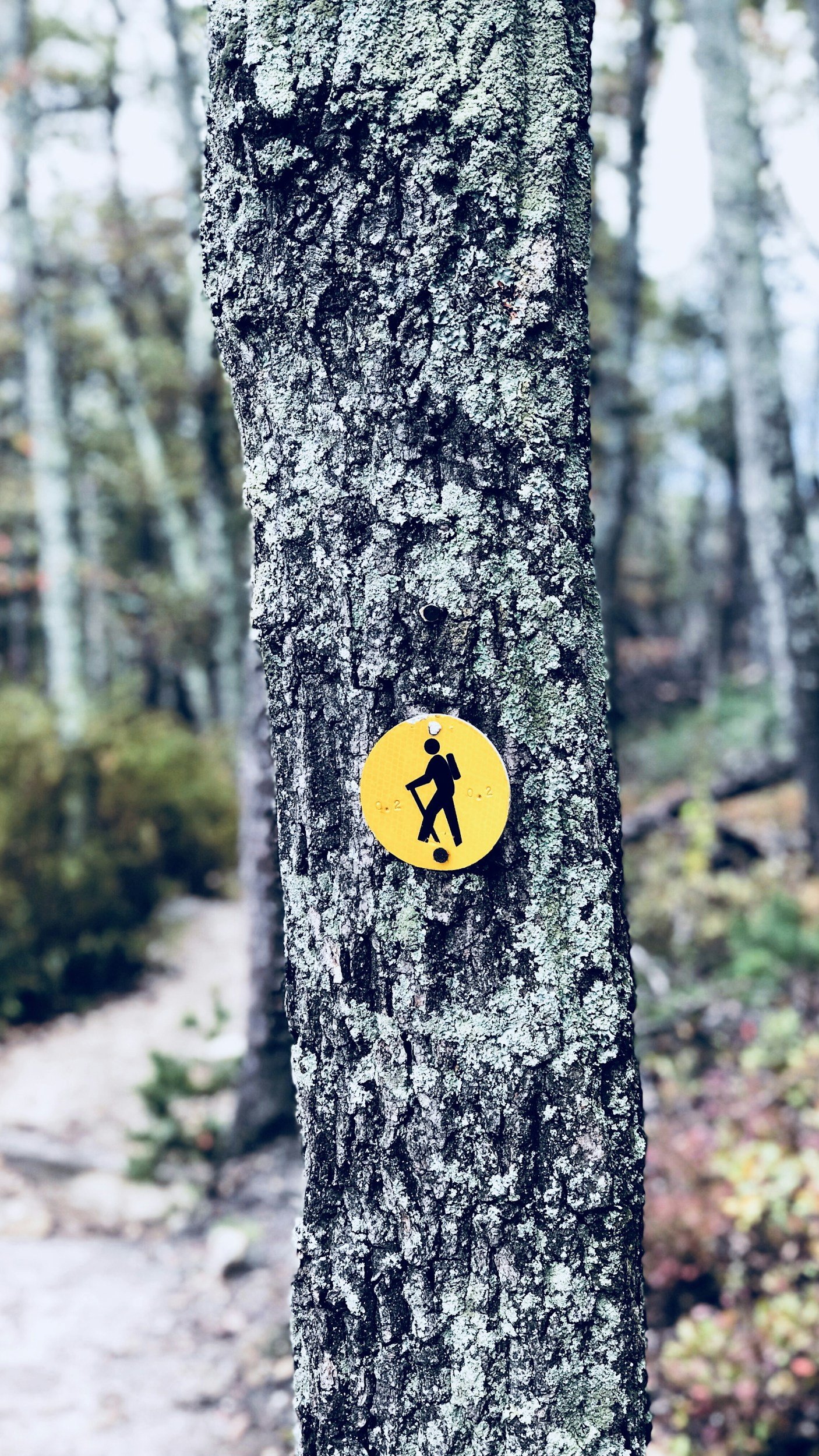12 Intriguing Aspects of Superstitions & Traditions in Igbo Communities
Edited by Chino Amah-Mbah
Superstitions refer to “irrational” beliefs or practices among a group of people which are often attributed to fate, magic, or fear of the unknown.
Superstitions, upon further examination, most times contain some of the beliefs and practices surrounding indigenous ways of being, their understanding of their realities, and their relationship with other entities.
Superstitions are often linked to traditions and are shared, believed or practiced as a way of adhering to certain principles or laws of nature that guide the people who hold and carry them. Traditions on the other hand, refer to beliefs passed down within a society, which have symbolic meaning. Traditions can serve as a vital link between the past and the present, helping to preserve and share the values, history, and identity of a particular group of people, in this case Ndi Igbo.
In Odinani, the knowledge of superstitions and traditions have always been important because they help to preserve, share, and transfer the cultural identity, history, values, and spiritual practices of Igbo people across generations.
Odinani deals with the recognition and acknowledgement of the (spiritual) laws of nature and how Mmadu (humans) live in harmony with these laws. It recognizes the importance of spirituality in everyday life and seeks to integrate it into social norms. Our ancestors have been known to place a very high value on “Nto na ana”, which is a concept in Odinani that emphasizes the importance and worship of the Earth goddess (Ana/Ani/Ala), living in harmony with nature, and recognizing the sanctity of the earth. “Nto na ana” is an essential aspect of Igbo spirituality, beliefs, and science. It largely impacts the superstitions and traditions in Igbo communities passed down from generation to generation. “Nto na ana” has helped preserve the values, practices, and scientific systems of our ancestors through the course of time.
With a focus on twelve major subjects, we have highlighted some common superstitions and traditions which are known to have been present, believed, and practiced across many Igbo communities, especially during precolonial times. A lot of them are still valued and observed in many Igbo communities till date, as they deal mainly with revered subjects such as birth, death and life in general in relation to nature and its forces. They include the following:
Eke Market Day: Eke is highly revered as a sacred day, as seen in the term “Chi na Eke”. It is believed to be the God of creation and embodies the existence of Ndi Igbo. Eke day symbolizes the morning of creation. As a result of this symbolism, Eke is linked to the Igbo concept of omenala, which encompasses the customs, traditions, and beliefs of Ndi Igbo. Consequently, most Igbo communities do not perform major ceremonies such as marriages or burials on Eke market day as a way to honor its sacredness and primordial symbolism.
The Marketplace: Market places are believed to be one of the central areas where the nonliving inhabit the most and mix their activities with the living. They are believed to be planetary vortexes i.e. special spots on earth where energy is concentrated at a specific point, either entering into or projecting out of the earth's plane. Therefore, it is believed that spirits can be encountered directly or indirectly at energetically exposed spaces such as the marketplace, if care is not taken to stay out of their way. The following are some superstitions and traditions held about marketplaces:
(i) Folks are advised against bending down or looking between their legs in the local markets. It is believed that people who try this might see spirits and violate a spiritual law, consequently giving the spirits the right to take away the senses of such a person.
(ii) All forms of buying and selling in the market are advised to end before sundown, as spirits are believed to become more active once the sun goes down.
(iii) Shouting or screaming out a person's name in the market is frowned upon and advised against.
Land: Caution is advised to be taken concerning land affairs because spiritual beings are believed to inhabit lands and sometimes, these lands are named after the spirits inhabiting them, which gives these lands an identity attached to these unseen realities as well as a voice and representation. Therefore, folks are advised not to demolish the property on a land without first ritually notifying the spirits who occupy that land. Also, money earned from selling family-owned or inherited land should not be used to start a business as it is believed to have the ability to cause stagnation.
Plants & Fruits: Leaves and other parts of certain plants or fruits are considered sacred in Odinani. They are highly revered and folks are advised not to defecate on them or use them to clean up defecations. Such acts are considered as desecration and are said to have very bad consequences for those who violate them. Before cutting down any of these sacred plants or trees that have been listed below, it is advised to perform simple rituals to move the spirits that are believed to occupy them first, as some of these spirits are believed to be ancestral equivalents and guides in other realms. The following are some other examples of superstitions or traditions held around specific plants and fruits:
(i) Folks are taught to not cross or walk over yam peels or tubers, or water spilled from cooking yam. Yams should also be cut or peeled from the head down and not the other way around, as it is believed it can cause misfortune in the life of the offender.
(ii) Oji (kolanut) should not be eaten without being broken first. Eating it as a lump without breaking it open is seen as an abominable act. Such an act can cut short the life of the offender as the kolanut is believed to represent life.
(iii) A fresh pod of Ose Oji (alligator pepper) should not be opened from the front. It should be opened from behind as Ose Oji is believed to be an incarnation of a great spirit that never fails in delivering its message and therefore should be revered.
(iv) Akpu (made out of fermented cassava), including the water spilled from cooking it, should not be crossed or walked over as it is believed to have the ability to induce misfortune on the offender.
(v) Palm fronds should not be walked or crossed over as it is believed to have the ability to cause fertility issues and affect the offender negatively as a whole.
(vi) Udala (star apple) - it is not encouraged to directly pluck and eat Udala from its tree. Doing this is said to be a violation and can induce fertility issues and affect longevity of life. Instead, when the fruit falls off first from the tree itself, this is when it can be picked and eaten.
(vii) Onugbu (Bitter leaf) including the water spilled from preparing it, should not be crossed or walked over. It is believed to have the ability to induce fertility issues.
(viii) Wood or parts of Ogilishi tree as well as other plants like Ngwu which are held sacred in Igbo land should not be used to cook food, it is believed to have the ability to cut short a life span.
Birth: Newly born babies are believed to be more susceptible and closer to the spirit realm because they are new arrivals from those realms and have not had enough time to adjust to human existence or consciousness. The following are some superstitions and traditions held around childbirth:
(i) After birth the placenta is buried at the foot of a young palm tree or any other sacred economic tree which automatically becomes the child's traveling companion in life. This is believed to help connect the child to the spirits of the land and to develop strong roots and connections to the land.
(ii) Red palm oil is believed to have spiritual powers. Placing it (red palm oil) in the room where a newly born baby stays can serve two purposes. One, it can be used as protection for the child as it wards off negative energies or spirits. Two, it can serve as a way to foster spiritual guidance and support for the child as it symbolizes a connection to the spiritual realm and to the ancestors.
(iii) When a child cries in their sleep, it is believed that spirits from the unseen world are trying to lure the child back to that realm. Therefore, it is advised that the child’s mother or anyone present when this happens should speak instructions to the child that encourages the child to fight to stay in this world.
Death & Burial: Death is considered to be a natural part of life in Igbo culture. Customs for the dead typically prepare the soul for the spiritual journey of the afterlife. There is a common belief in Igbo communities that the deceased will reincarnate into another person, usually a family member, based on their deeds in this life. Burial customs are specific and universal across Igbo communities, and the deceased's corpse is considered sacred. The following are some traditions, beliefs, and superstitions held around death and burials in Igbo communities:
(i) Anyone who dies while pregnant should not be buried with the child still in them. It is believed to have the capacity to inflict untimely death on a family line. This practice stems from the belief that more than one person should not be buried in the same grave.
(ii)A child dying before their parents is believed to create a spiritual imbalance. Therefore, parents of a dead child are advised not to be present where and when their child is being buried. They are also advised not to eat anything cooked specifically for the burial ceremony of the child. Not adhering to this advice is believed to inflict and encourage unnatural death occurrences in the family.
(iii) Clothes worn for the purpose of burial ceremonies or funeral rites should be discarded afterwards as it is believed to bring ill luck if continuously worn outside the context of mourning.
(iv) Immediately after a person dies, pictures of them on display at their home should be turned upside down or downwards and the mirror in their room should be covered for the time being. This is because of the belief that the dead may use these channels to interfere with the realm of the living.
(v) Anyone who shares a reincarnator (Onye Uwa) with another person should not be present at their burial or eat anything prepared for the burial ceremonies as it is believed to cause death.
(vi) For anyone who dies from the wrath of a deity (Alusi/Arushi), the household has to be cleansed according to the dictates of that deity and such a person's body is said to belong to the deity and its shrine.
(vii) Taking pictures of the dead (a corpse) is heavily frowned upon because it is believed to be disrespectful to the dead and can disturb their spirit. Additionally, it is believed that taking pictures of a corpse can bring bad luck or negative energy to the person taking the picture or to those who view it.
Night Time: Night time is believed to be to the spirits of the dead and malevolent spirits, what day time is to the living. It is also believed that during the night, we become more relaxed and open to contact from spirits. Doing the following things below at night are not advisable and are discouraged:
(i) Sweeping the home at night
(ii) Sharpening knives at night
(iii) Whistling at night
(iv) Cutting nails at night
(iv) Shouting or screaming people's names out at night. This is because idle spirits looking for who to inflict their energies upon can lure the person whose name is heard, into their schemes. Shouting or screaming a person’s name at night is also believed to halt or negatively affect growth in a person’s life.
Mirrors: Spiritually, mirrors are considered to be portals and a highly effective monitoring tool. It is believed that mirrors can enable monitoring spirits with bad intentions to have easy access to a person while asleep. Therefore, the following are discouraged:
(i) A mirror facing a person's bed directly when they sleep. This is believed to be dangerous. It is advised that mirrors should be covered before going to bed if they are positioned directly facing the bed.
(ii) Checking out oneself with mirrors in market places or in general public areas is believed to also be a dangerous act.
Local Brooms: Brooms are a powerful symbol of spiritual cleansing and purification and they have been used since ancient times to ward off evil spirits, remove negative energy, and keep surroundings clean from both seen and unseen forces. The following are discouraged:
(i) Walking or crossing over a broom is said to bring ill luck or misfortune on a person.
(ii) Beating anyone with a broom no matter the aggravation is seen to be abominable. Abusing brooms in this way is believed to have the ability to trigger negative consequences.
Animals: Household animals (animals which can be easily found in homes and do not cause harm, like wall geckos) and animals considered to be members of a household should not be killed idly. Doing this is believed to inflict ill luck on the offenders as these animals are not troublesome and are unharmful.
Feces: Feces or poop can represent the energy and emotions we need to let go of. They can signify the need to release pent-up negativity or emotional wounds and thus bring on spiritual clarity. Spitting on feces can therefore be interpreted as an interruption to these processes. Spitting where one has released excrement is said to bring ill luck to the person who spits.
Finally, crossing or walking over a human being while they are laying down is considered unacceptable and can be interpreted energetically as an insult or disregard against their personhood and consequently their spirit. Doing this is believed to affect the spiritual health of the persons involved.
There are many more beliefs, superstitions, and traditions present in Igbo communities which have been passed down from generation to generation. However, a lot of these traditions, and practices have been completely abandoned or ignored over the years due to religious infiltrations and dogmas in many Igbo communities. Each community has some belief systems which are unique to them and may not apply to others due to different cultural context.
In modern times, it is important to consider some of those superstitions and traditions that exist and see how they may or may not have affected our progenitors.
Recommended Resources:
Igbo Mythology - How Was God Created? (Chineke Explained) | Medicine Shell (YouTube)
Legend of the Ogbanje: Superhuman Abilities, Wanderlust between Life and Death | Michael Chiedoziem Chukwudera (Article)
How the Igbos See “Dada” Children, and the Place of “Umu Dada” in Igbo Cosmology | Michael Chiedoziem Chukwudera (Article)
The Importance of Folktales in The Igbo Traditional Society | Oke Iroegbu's Musings (Article)













